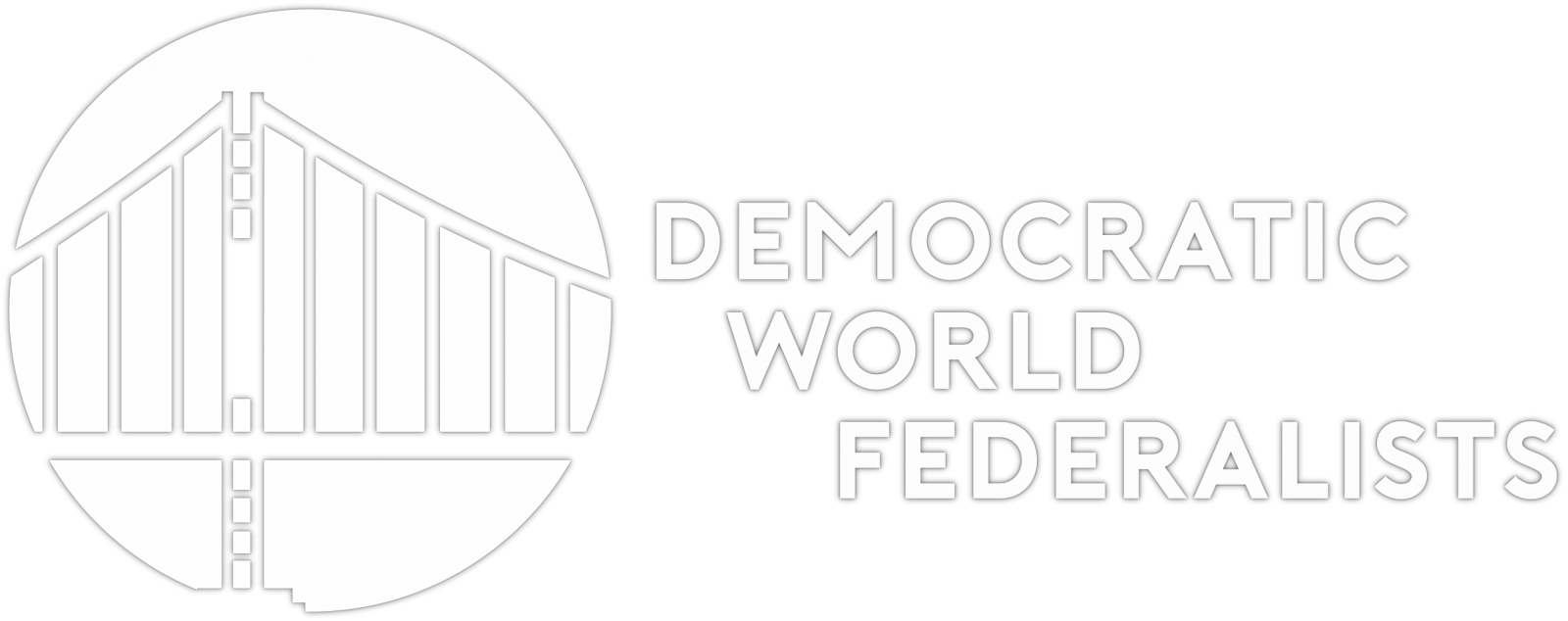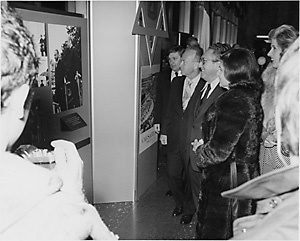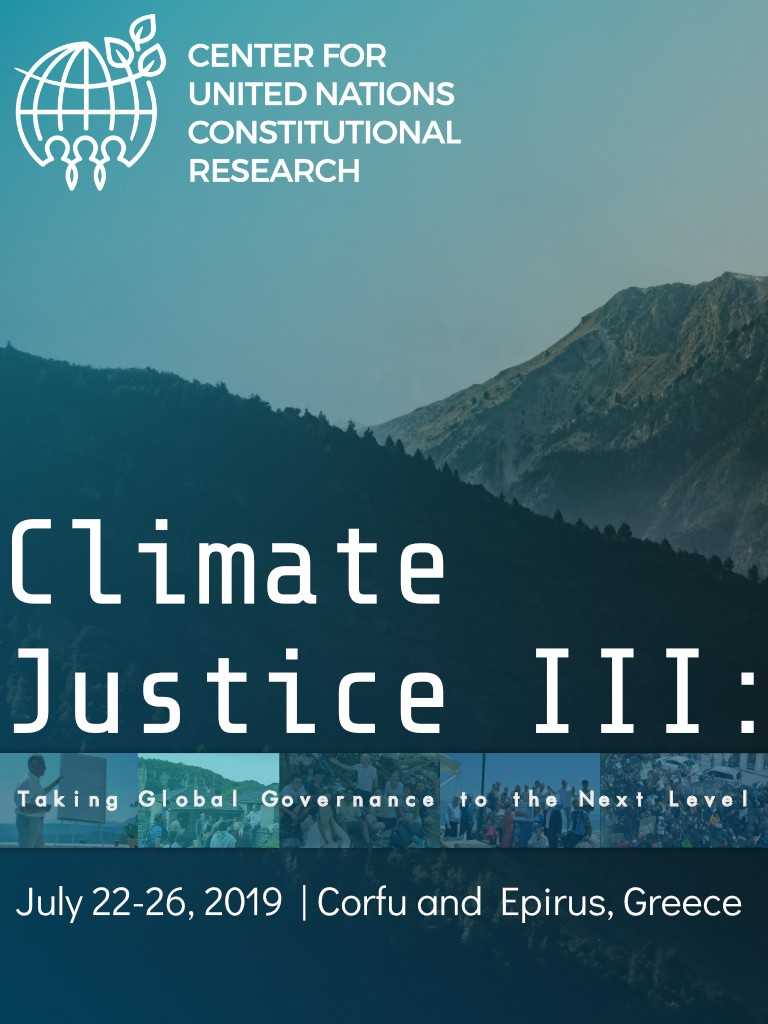René Wadlow
President | Association of World Citizens


THE SAN FRANCISCO PROMISE
Click to Learn More
When the drums of war start beating, can cooler heads prevail and negotiations in good faith start? Vijay Mehta has written a useful overview of efforts to create a Department of Peace within governments so that there would be an institutionalized official voice proposing other avenues than war. (1)
Such proposals are not new. In 1943, Alexander Wiley, a liberal Republican senator had proposed to President Franklin Roosevelt that he establish a cabinet-level post of Secretary of Peace as there was already a Secretary of War. The Secretary of War has now been renamed Secretary of Defense, but the function has not radically changed.
A Secretary of Peace in Wiley’s vision would be charged with preempting conflicts before they exploded into violence and proposing peaceful resolutions. In the U.S.A. after the end of the Second World War, in a “never again” atmosphere, other members of Congress suggested the creation of such a Department of Peace. However, such a vision was never transformed into a reality.
As the Cold War took up ever more energy and funds, a compromise was reached in 1984 at the time that Ronald Reagan was President. The U.S. Institute of Peace was created and has produced some useful publications and does some conflict resolution training for diplomats and mediators. However, the leadership of the Institute of Peace has not played a visible role in foreign policy formation. One must look elsewhere for cooler voices to cover the beat of the war drums.
There is currently a test in real time as the situation in Venezuela grows more complex. There are real possibilities of armed violence, ranging from armed violence within the country to the creation of armed militias operating from Colombia and Brazil as the Contras had in the Nicaragua case, to an old-fashioned intervention by U.S. troops. All these “cards are on the
What is World Federalism?
World Federal Government (WFG)
table”. There is no Secretary of Peace officially in the U.S. government (nor in that of Venezuela either) The influence of national security advisors to the U.S. President has grown, and they have the advantage of frequent personal contact.
Latin America has often been considered as a U.S. “zone of influence”. Unlike current situations in the Middle East which are of direct concern to European States, Latin America has never been a priority of European countries with the exception of Soviet-Cuban relations. Spain has a cultural and economic interest in Latin America but does not try to influence U.S. policy toward individual States. The current U.S. administration seems largely indifferent to the views of the United Nations. On the Venezuela crisis the U.N. Secretary-General has called for calm and restraint but has made no specific proposals.
In the U.S. there are a good number of “Think Tanks” devoted to policy making as well as university departments and programs with a geographic – area studies – orientation. As I am not a specialist on Latin America (most of my academic focus has been Africa and the Middle East) I do not know which have strong policy impact. I have seen relatively few public statements coming from academic Latin American specialists, though there is probably outreach to representatives in Congress.
Thus we must watch the policy-making process closely. Obviously my hope is that the cooler minds will win out and compromises made, such as holding new elections with international election monitors. This is a test in real time of Vijay Mahta’s aim How Not to Go to War.
Solving Global Problems
We can work together to make the world better
NOTE:
(1)Vijay Mehta. How Not to Go to War: Establishing Departments for Peace and Peace Centres Worldwide (Oxford: New Internationalist Publications, 2019)
Original Publisher
DWF NewsRené Wadlow is a member of the TRANSCEND Network for Peace Development Environment. He is President of the Association of World Citizens, an international peace organization with consultative status with ECOSOC, the United Nations organ facilitating international cooperation and problem-solving in economic and social issues, and editor of Transnational Perspectives.
DWF News




